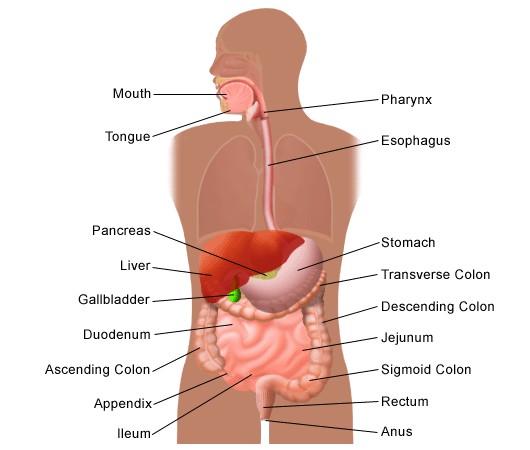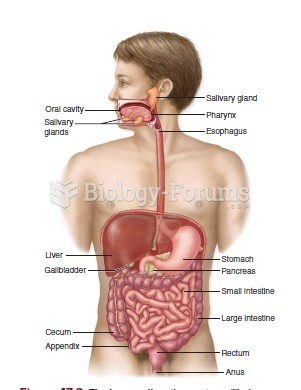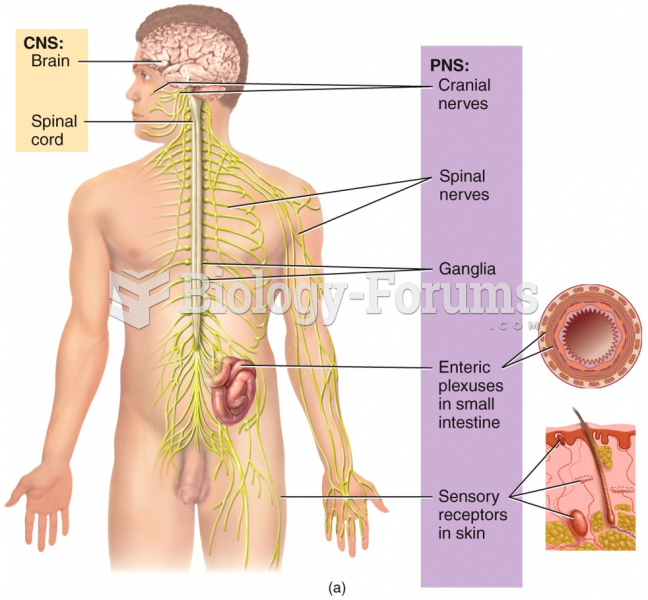Answer to Question 1
Correct Answer: 2
Rationale 1: Providing information for urodynamic testing is important, but not a priority.
Rationale 2: The three main functions of the ANS are contraction of the bronchi, blood vessels, GI tract, eye, and genitourinary tract; contraction of cardiac muscle; and secretion of salivary, sweat, and gastric glands. The potential for cardiac arrhythmias in clients with autonomic dysfunction warrants close monitoring.
Rationale 3: Performing a mental status assessment is important, but not a priority.
Rationale 4: Administering antacids is important, but not a priority.
Global Rationale: The three main functions of the ANS are contraction of the bronchi, blood vessels, GI tract, eye, and genitourinary tract; contraction of cardiac muscle; and secretion of salivary, sweat, and gastric glands. The potential for cardiac arrhythmias in clients with autonomic dysfunction warrants close monitoring. Providing information for urodynamic testing is important, but not a priority. Performing a mental status assessment is important, but not a priority. Administering antacids is important, but not a priority.
Answer to Question 2
Correct Answer: 1
Rationale 1: Contraction of cardiac muscles is a function of the autonomic nervous system.
Rationale 2: Movement of skeletal muscles is a function of the somatic nervous system.
Rationale 3: Organization of thought is a function of the central nervous system.
Rationale 4: Awareness of position is a function of the sensory nervous system.
Global Rationale: Contraction of cardiac muscles is a function of the autonomic nervous system. Movement of skeletal muscles is a function of the somatic nervous system. Organization of thought is a function of the central nervous system. Awareness of position is a function of the sensory nervous system.







